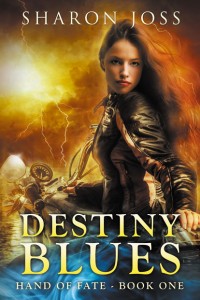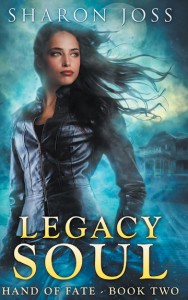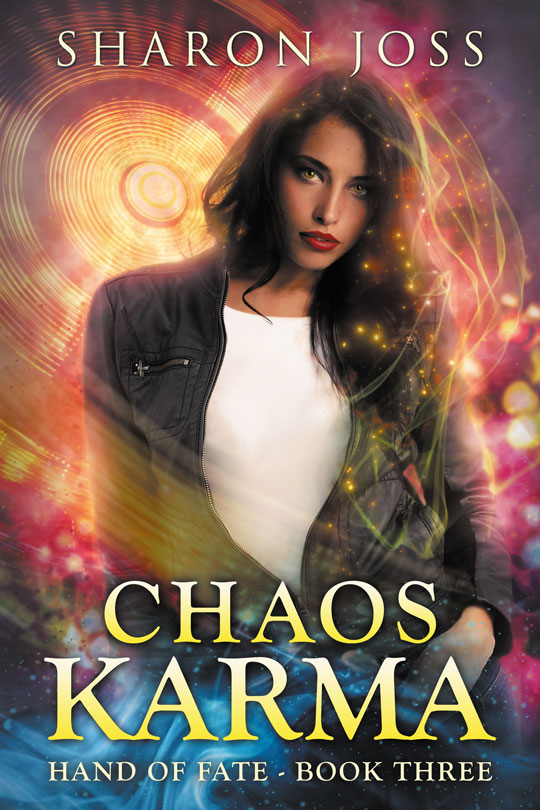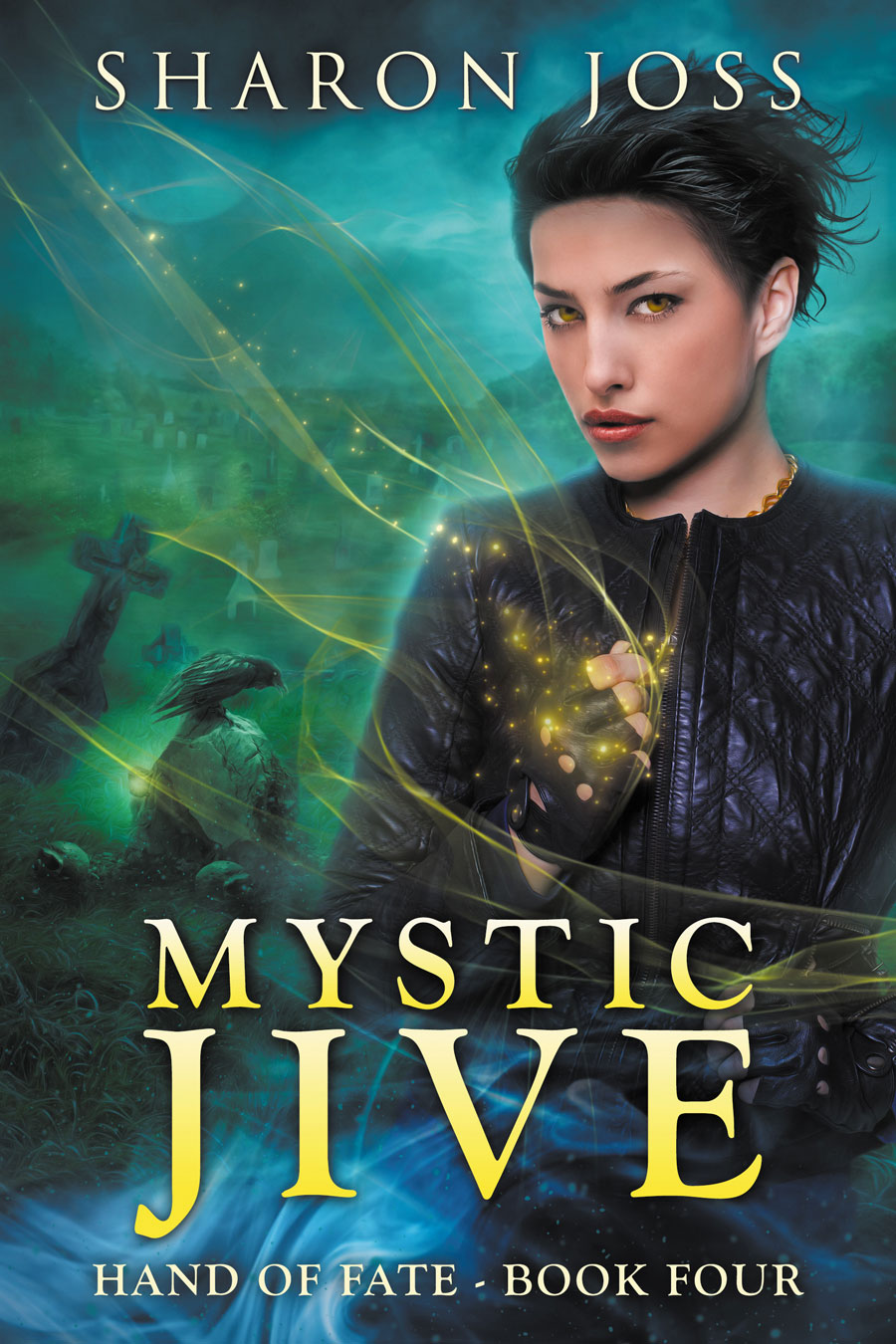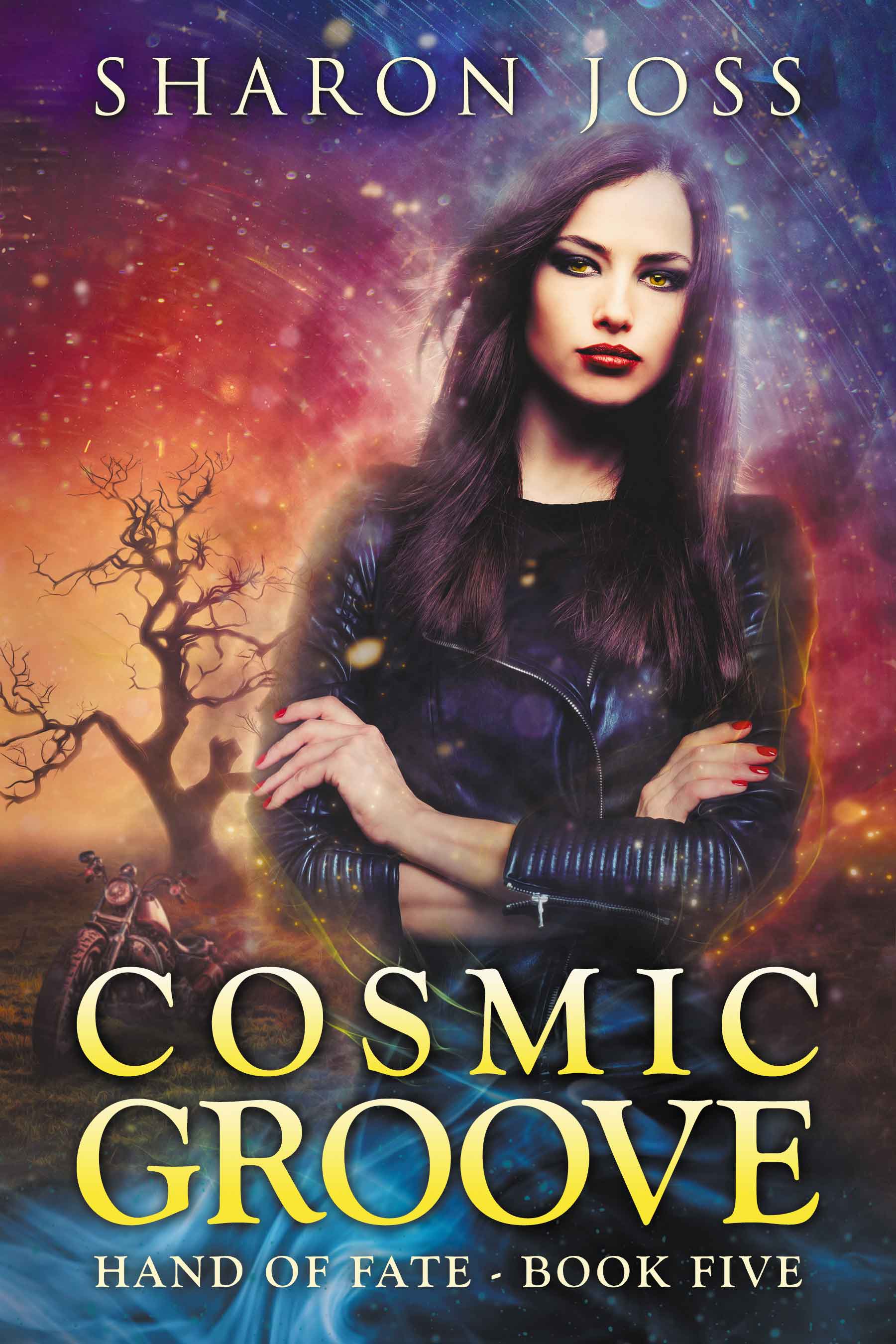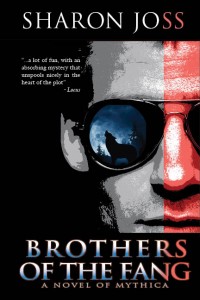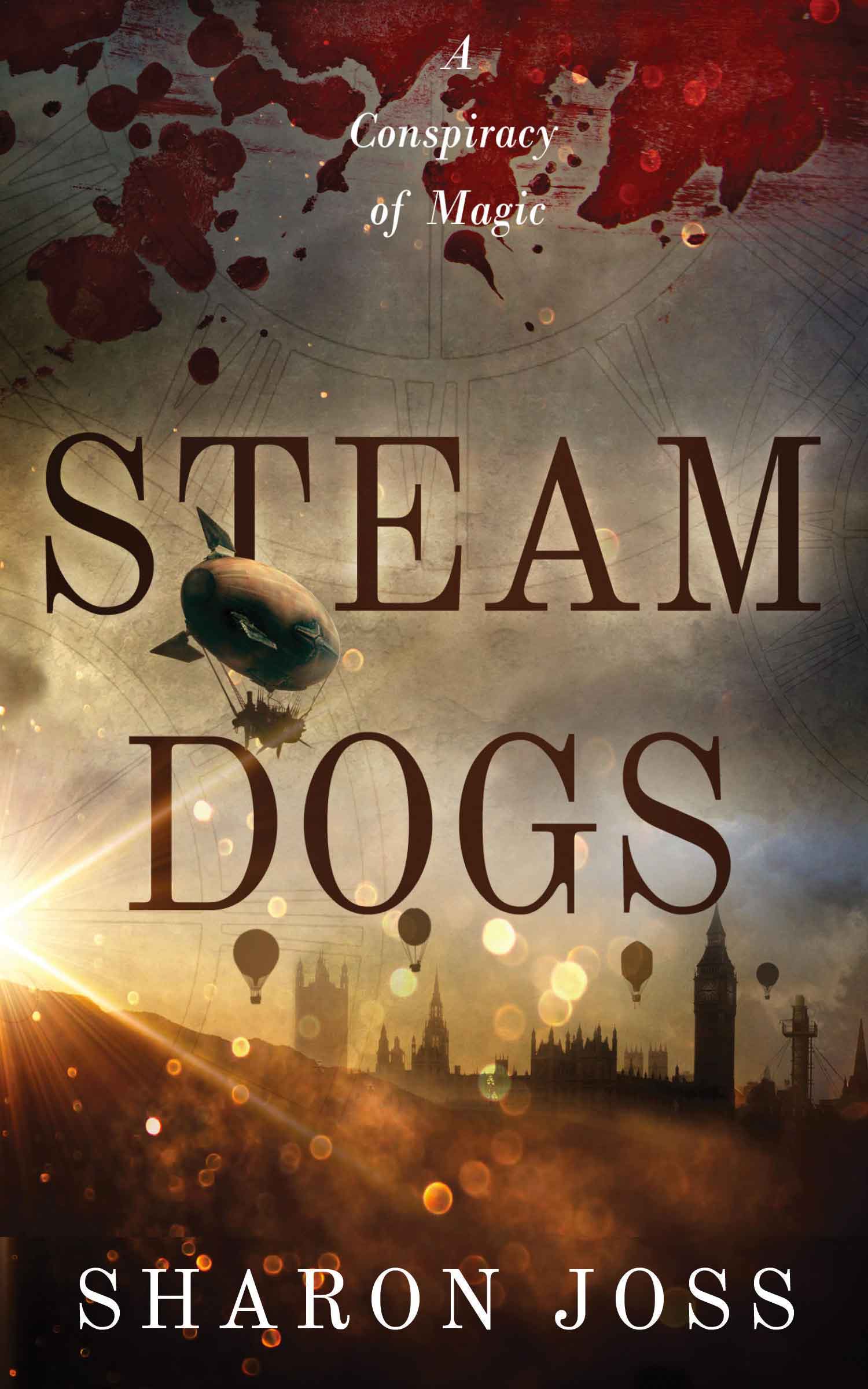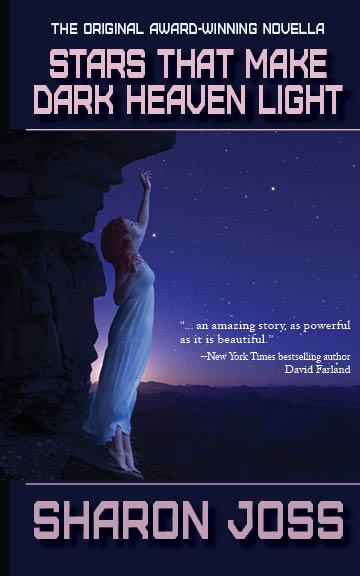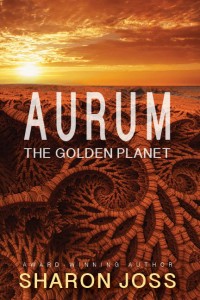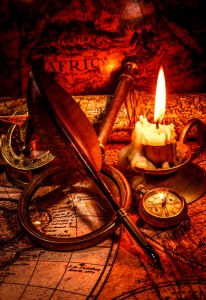 Beginning a new novel is hard. At least for me.
Beginning a new novel is hard. At least for me.
Over the years, I’ve developed an evergreen checklist of sorts to help me organize my thoughts BEFORE I start writing. I’ve gathered most of these ideas from more experienced/successful writers (Blake Snyder, Dean Wesley Smith, Kristine Kathryn Rusch, Larry Block, David Farland), but I used it on my current WIP (my 5th novel), and man oh man, it was a big help. I call this PART I of my ‘jumpstart list’. Nothing here is new, but it sure helped get me into gear on this particular project. I created it as a WORD document, and keep everything all in one place so that I don’t have to keep looking for it. By the time I was able to answer these questions, my story was a living, breathing organism, and I couldn’t wait to start writing.
- WHAT ARE MY GOALS FOR THIS NOVEL? Dave Farland says to write them down, and it really helps. Include sales and revenue goals. They help answer the other questions. I did this for the first time on the current WIP, and did it before I did anything else.
- WHO IS MY AUDIENCE? Based on my goals, who am I writing this story for? Is it for everyone? Sure, but who do I think will be my primary readers? Men? Women? Adults? Young Adult? Middle grade? Doing this will helps define the genre. Write all this stuff down. I’ve found that I continually refer back to this at certain points in my story.
- WHAT GENRE? Widely commercial & accessible (thriller, romance, or mystery)? Or a specific Genre? Science Fiction? Fantasy? Steampunk? When I go back and look at the GOALS for this novel, can I realistically expect to sell a million copies of a YA paranormal series about singing baseball-playing vampires from the planet Zircon? Or is my GOAL for this novel more about getting it picked up for a Broadway musical? Well okay then. Once I decide on the genre, I read at least 4 or 5 CURRENT bestsellers in the genre. Doing this will helps me discover my milieu. I have a tendency to slop over into multiple genres when I write, so this actually helps me define the boundaries for this project.
- WHAT IS THE MILIEU? What is the place and time of this story, and what will distinguish it from other novels? Is it the Present? The Future? History? Alternate history? Alternate Universe? People want to read about exotic places, so that means I need to either build a new world, or present a world they haven’t seen before, or tackle a familiar world in a different way. I’ve learned to think about the milieu as the opening scene in a movie – the pan shot that intrigues the reader and brings them eagerly into the world – something different that makes them want to know/see more.
- DEVELOP A COMPELLING MENTAL PICTURE: A story that will appeal to my targeted GENRE (which I have already chosen) and audience (which I have also already chosen). See how this works?
It’s the promise of the premise–the image must blossom in your brain (ooh, sparkly!). It’s about a living dinosaur park (Jurassic Park). The right idea may not be the first one. Hint: It isn’t the first one. This is really where the ideas start to take hold. I start by making a list of things I MIGHT want to write about, and don’t stop until I’ve got at least a dozen ideas listed. Then I do a little research about what other best-sellers in this genre have already done; I think about what hasn’t been done yet, or how I could do it better/different. Like the answers to the previous questions, I write this down. I find that after answering the previous questions, that if I spend a few minutes (or a few minutes over a few days) writing about the kinds of things that interest me, the idea really does blossom in my brain. - DEVELOP A GREAT LOG LINE (a one-liner that says WHAT IS IT, often with irony). It should cause the listener to slap his/her forehead and say, “damn, why didn’t I think of that?” And it has to be something that excites ME, the writer. Nearly every book on writing I’ve ever read says to do this, but I’ve always waited until after I was finished with the novel before I developed this. This time, I did it up front, and wow, that one line helps me keep my story on point. It keeps the exciting part of the story right there in front of me. It actually becomes the reason I want to write this amazing tale. I posted the log line in in my writing area; love them post-its! It really does help keep me excited about the novel. It’s the hook that drives the tale.
- IT’S LIKE… This is the marketing pitch: two well-known (blockbuster) books/movies smashed together. It’s the Moby Dick of shark movies (Jaws). It’s like Disneyland with dinosaurs (Jurassic Park). This is also good for brainstorming story ideas.
By the time I figured this stuff out (and really, none of it is too specific yet), I could feel the ideas percolating, and my novel idea started coalescing.
Up next: 9 Jumpstart questions I answer before I start writing.

